
Fairport Convention are the focal point for British folk-rock of their generation. While they started their career as a sixties folk-rock band, like a London equivalent to Jefferson Airplane, they started wading through the archives of British folk songs and electrifying them. With an impressive pool of talent, Fairport Convention boasted the sumptuous vocals of Sandy Denny, guitar hero Richard Thompson, and ace fiddler Dave Swarbrick.
Introduction
With Thompson and Denny writing, and covering traditional material, as well as contemporary songs from Bob Dylan and Joni Mitchell, Fairport Convention released a lot of excellent material in a relatively short space of time. Fairport Convention’s debut was released in mid-1968 and Full House was released in mid-1970, which means that within two years, Fairport Convention had released an impressive run of five studio albums. The band was badly affected by a 1969 road accident that claimed the life of drummer Martin Lamble.
Similar to The Byrds in America in the sixties, Fairport Convention spawned a bunch of successful spin-off acts; over those two years, they featured ten different members and invented electric British folk-rock. They also spawned numerous spin-off acts – Steeleye Span, The Albion Band, and Richard Thompson, Sandy Denny, and Ian Matthews’ solo careers.
The band’s turnover was so dramatic that you need a list to keep it straight – these are the personnel during their initial 1968-1970 period:
Richard Thompson – guitar, vocal (1967–)
Ashley Hutchings – bass guitar (1967–1969)
Simon Nicol – guitar, lead vocal (1967–)
Dave Pegg – bass guitar, mandolin, backing vocal (1969–)
Martin Lamble – drums (1967–1969; died 1969)
Judy Dyble – vocal, autoharp, piano, recorder (1967–1968)
Ian Matthews (also known as Ian MacDonald) – vocal (1967–1969)
Sandy Denny – vocal, guitar, piano (1968–1969)
Dave Swarbrick – fiddle, mandolin, vocal (1969–)
Dave Mattacks – drums (1969–)
Rhythm guitarist Simon Nicol and bassist Dave Pegg have kept Fairport Convention active, but I’m more interested in the above solo careers and spin-off projects rather than the band itself after 1970. I’ve covered 1975’s Rising for the Moon on my Sandy Denny page.
Fairport Convention Album Reviews
Favourite Album: Liege & Lief
Overlooked Gem: What We Did On Our Holidays
Fairport Convention
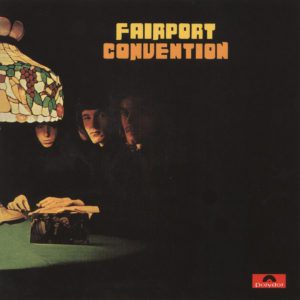
1968, 6/10
Although they’re known as English traditionalists, Fairport Convention started their career more influenced by American groups like Jefferson Airplane than by traditional folk. Guitarists Richard Thompson and Simon Nicol, drummer Martin Lamble and bassist Ashley “Tyger” Hutchings would all stay with the group through their transition into folk, but vocalist Judy Dyble left the group before their next album was released. While Dyble and Ian Matthews are capable vocalists, they’re no match for the incomparable Sandy Denny who took the band to a new level when she joined for the next record. It’s the group’s other major force, 18-year-old guitarist Richard Thompson, who takes a lot of the spotlight here, already showing an uncanny ability to deliver effective guitar work in a range of styles.
Fairport Convention isn’t a focused debut, with a slightly confusing mix of styles and sources, with covers of Dylan, Joni Mitchell and Emmitt Rhodes songs, along with a somewhat incongruous mixture of originals. Highlights include the opening pair of covers – Emmitt Rhodes’ ‘Time Will Show The Wiser’ and Mitchell’s ‘I Don’t Know Where I Stand’ – both delivered with enthusiasm. The covers are well selected – the only famous song is Mitchell’s ‘Chelsea Morning’, and this version was recorded two years prior to Mitchell’s own interpretation. Thompson’s ‘Decameron’ is the best of Fairport’s compositions, a gentle and pretty folk piece. Each side of the original vinyl ends with a whimper; Dyble’s piano spotlight ‘Portfolio’ is obvious filler, while ‘M1 Breakdown’ is the British equivalent of the throwaway car song you’d expect on an early Beach Boys record.
There’s obviously a ton of potential here, and some great moments, but Fairport Convention is unfocused and inconsistent enough that it’s more interesting as a plot of the group’s rapid development than as a strong record in its own right.
What We Did On Our Holidays
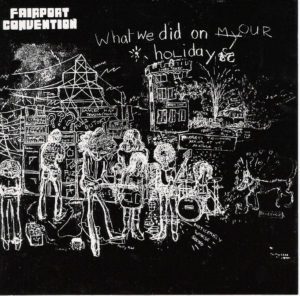
1969, 8.5/10
The first of three (!!) excellent studio albums that Fairport Convention released in 1969, What We Did On Our Holidays marks a rapid transition from a talented but unfocused young band, to a folk-rock band with a much clearer direction. Sandy Denny joined the band before What We Did On Our Holidays, sharing vocals with Ian Matthews; she’s a sublime singer, and her sole writing credit ‘Fotheringay’ opens the album on a confident note.
The most notable of the originals is Thompson’s ‘Meet On The Ledge’, with a surprisingly dark atmosphere and intense guitar solos. Thompson also contributes two more overlooked winners, the driving and almost psychedelic ‘Tale In Hard Time’ and the accordion-centred ‘No Man’s Land’, an impressive portfolio for a songwriter still in his teens. The covers of Joni Mitchell’s never released ‘Eastern Rain’ and Dylan’s ‘I’ll Keep It With Mine’ are highlights, and while the covers of the traditional folk material aren’t as revolutionary, along with ‘Fotheringay’ they point the direction forward for the group.
What We Did On Our Holidays is still unfocused in places, but there’s tons of brilliant material here, and it’s a startling and timeless achievement for a group of London teenagers.
Unhalfbricking

1969, 8/10
Unhalfbricking is a worthy follow-up to What We Did On Our Holidays. Again there’s a mixture of originals from Sandy Denny and Richard Thompson, and Bob Dylan covers. The significant addition to Fairport Convention’s scope is the 11 minute cover of the traditional ‘A Sailor’s Life’, which features extended instrumental passages from Richard Thompson and guest fiddler Dave Swarbrick. I find it more admirable than enjoyable, but as the first electrified folk cover, it’s an important blueprint for similar pieces on Liege and Lief and for British folk-rock.
The obvious classic on Unhalfbricking is Sandy Denny’s ‘Who Knows Where The Time Goes?’, a subtle yet universal torch song. Thompson’s opener ‘Genesis Hall’ is another highlight, a hyper-melodic folk piece, while there’s a wonderful cover of Bob Dylan’s ‘Percy’s Song’, with Denny and Ian Matthews harmonising. ‘Percy’s Song’ is the only track to feature Matthews – he left during the sessions to form Matthews Southern Comfort.
Fairport Convention’s ambition and range on Unhalfbricking is admirable, and the best material is unique and impressive. Before Unhalfbricking was released the group were involved in a serious van accident, and drummer Martin Lamble and Thompson’s girlfriend were both killed.
Liege & Lief
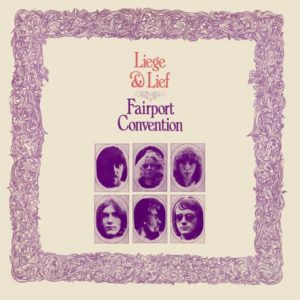
1969, 10/10
After briefly contemplating breaking up following the serious van accident that claimed the life of drummer Martin Lamble, Fairport Convention recruited new drummer Dave Mattacks. Fiddler Dave Swarbrick was also bought on board as an official member, leading the group into a more folk-focused sound. Delving deeper into the traditional vein that bought ‘A Sailor’s Life’ on the previous record, bassist Ashley Hutchings ransacked archives of folk songs to unearth suitable material for the group to use.
While ‘A Sailor’s Life’ felt like primarily an experiment, these covers are much more entertaining. Denny infuses drama into the epics ‘Matty Groves’ and ‘Tam Lin’, while Swarbrick leads a run through the Celtic hoe down ‘Toss The Feathers’. ‘Matty Groves’ tells the story of an unfaithful wife’s sticky end (“But bury my lady at the top/For she was of noble kin”), before opening out into a prime Thompson and Swarbrick jam. The atmospheric ‘Reynardine’ is another winner, while the two low-key Thompson songs dovetail nicely into the record and feel like they could have been dug up from sometime in the 14th century as well.
Fairport Convention had been steadily building up to this peak since they began, and perhaps realising they would never better it, underwent their most significant lineup changes yet, with Denny and Hutchings leaving to form Fotheringay and Steeleye Span respectively. Still, this is a very impressive peak, and if you have any interest in British folk-rock you need to hear Liege & Lief immediately.
Full House
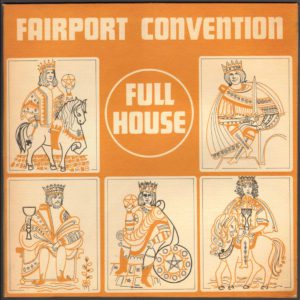
1970, 7.5/10
When Sandy Denny left Fairport Convention to form Fotheringay, the group justifiably decided that they were unable to find another vocalist who measured up to her, so they continued with Dave Swarbrick and Richard Thompson on lead vocals. Ashley Hutchings also left to form Steeleye Span and was replaced by Dave Pegg, a more capable bass player, leaving Fairport Convention with an extremely impressive lineup of musicians.
This is demonstrated in the break of ‘Dirty Linen’, where Swarbrick’s violin is joined in turn by all the other instruments, building to a fast crescendo and showcasing the virtuosity of each member. The central track is the low key and lengthy ‘Sloth’, which on initial plays is unremarkable before revealing itself as one of Thompson’s best and most unique compositions. The other major highlight is the rollicking ‘Sir Patrick Spens’, which opens side two of the LP version, a melodic traditional sea shanty. Thompson requested that his ‘Poor Will and the Jolly Hangman’ be removed from the LP version, but restored to the track-list on the CD version it’s one of the better songs here and the album would feel thin and incomplete without it.
Full House is worthy, but without Sandy Denny’s voice and with less engaging material, it’s less notable than their 1969 releases. While Simon Nicol has kept the band going, with Thompson, Matthews, Hutchings, and Denny all departed, I’m more interested in the band’s spin-off projects after this point.
Ten Favourite Fairport Convention Songs
Back to 1960s album reviews…..
7 Comments
Leave a Reply
Related Pages
About
Aphoristic Album Reviews is almost entirely written by one person. It features album reviews and blog posts across a growing spectrum of popular music.
Review Pages
Read about the discographies of musical acts from the 1960s to the present day. Browse this site's review archives or enjoy these random selections:
Blog Posts
I add new blog posts to this website every week. Browse the archives or enjoy these random selections:
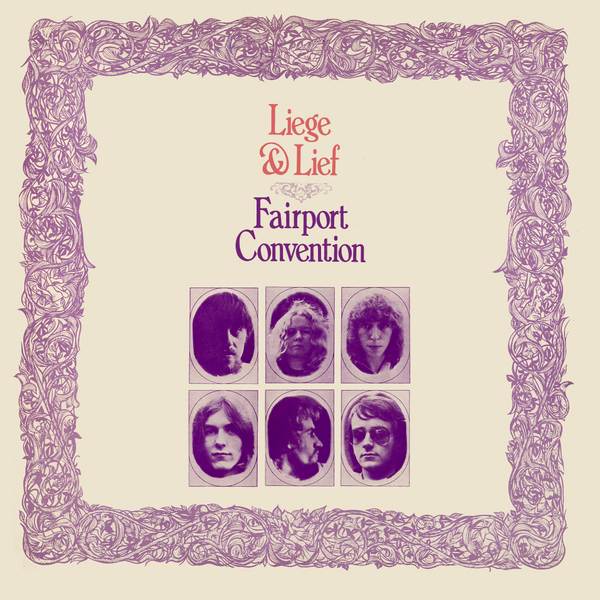
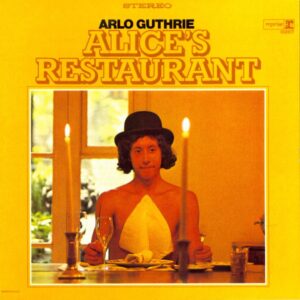
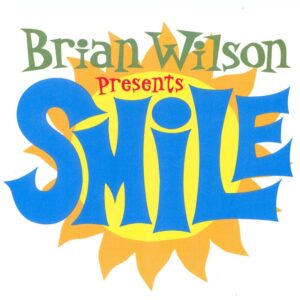
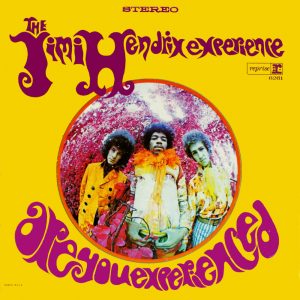
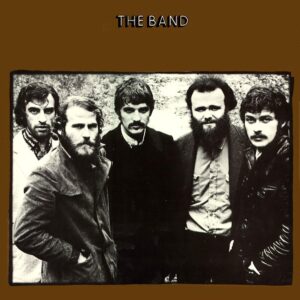
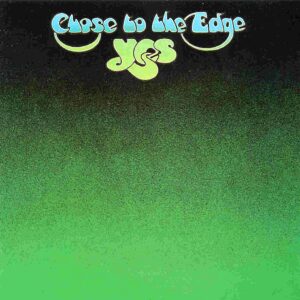

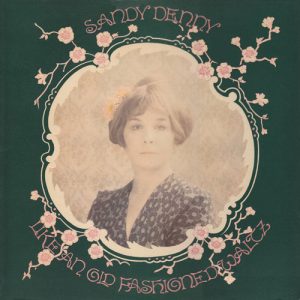
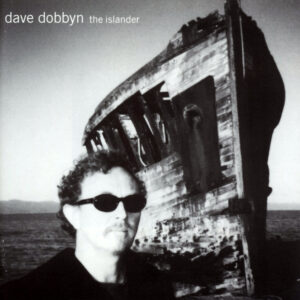
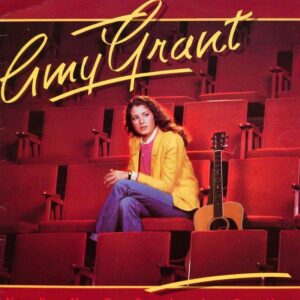
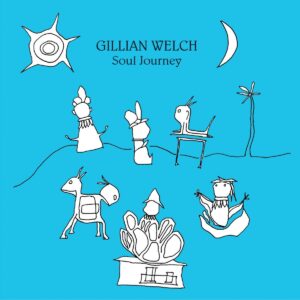
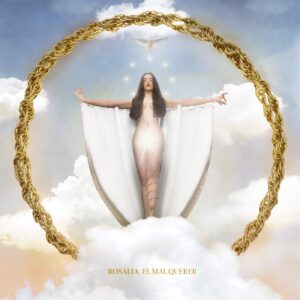
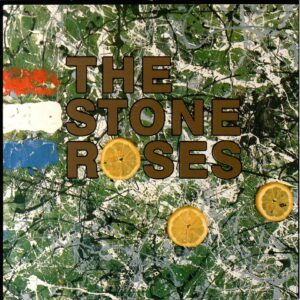
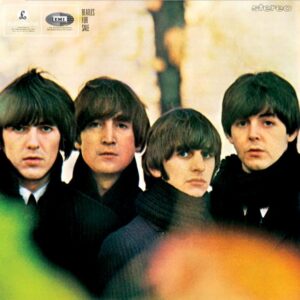
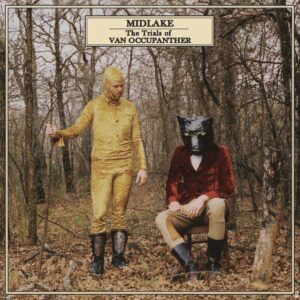
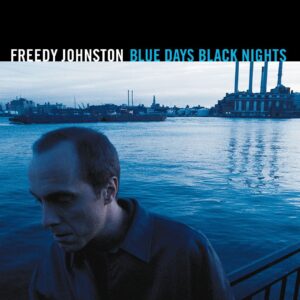
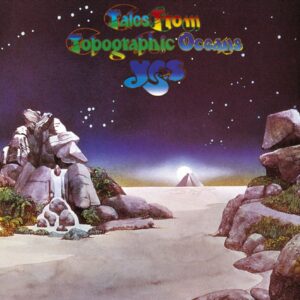
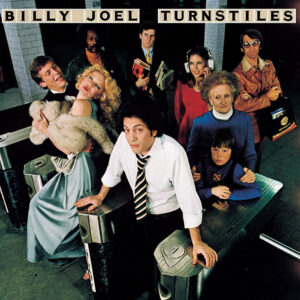






Never gave this band the attention It deserves. Never too late. Have a couple of their albums and spin them from time to time. I have followed Richard Thompson’s career though
I like a lot of Sandy Denny and Ian Matthews’ solo stuff too. Definitely a great centre for talent.
Familiar with both of them. Yeah and no kidding on the “centre for talent”.
A great album! Your review takes me back, too, to seeing Fairport live in my home town, 1973 or 1974. The late great Sandy had a bout of her recurring laryngitis and only sang some of the songs, but she was still awesome, and the equally lamented Swarb was in fine fettle too!
Wow – I never got to see Denny, she died before I was born. She was amazing – good solo albums too.
Great review. Just to clarify, Ian MacDonald changed his name to Ian Matthews, contributed to the second album (“Book Song” is his) and sang on “Percy’s Song” on UNHALFBRICKING before leaving for a solo career.
Thank you – I didn’t explain that very clearly above, will tidy it up now.